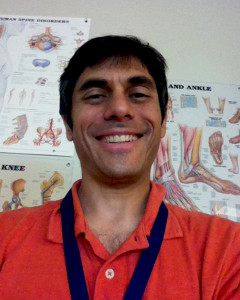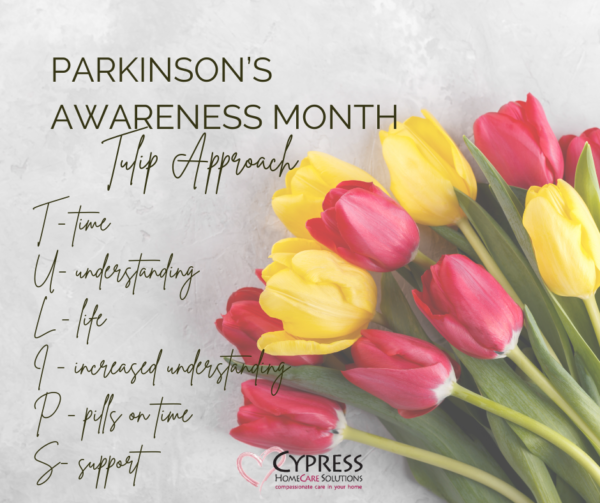
Few of you may know that March 30 is National Doctor’s Day, and in honor of this observance, we are highlighting local Phoenix physician and Medical Director of CareMore Touch, Dr. Edward Perrin.
A geriatric, hospice care and family medicine practitioner for over 12 years, Dr. Perrin shares with us his background and perspective on the changing health care landscape and on the role of home care.
What is your background and why did you become a doctor?
- Prior to medical school I taught middle and high school, in two private schools, for five years. I realized that I loved working with children, and loved teaching, but thought that I could have more influence as a doctor, yet retain a component of teaching in my professional life. Personal experiences in the medical realm helped to redirect my professional focus, and I entered medical school convinced I wanted to be a pediatrician. However, early in my first year I discovered family medicine. I never looked back. During my third year of medical school I discovered I loved hospice medicine, but felt as though end-of-life care was too limiting, so after a year of junior faculty at my residency, I completed a fellowship in geriatric medicine. I still value the teaching facet within my medical career, enjoying public education, peer education, and, of course, patient education.
What advice do you have for older patients who are seeking medical care?
- My advice to older patients is to find a clinician you can talk to and who can listen. The clinician should understand all determinants of health and disease, including the psychological, social, cultural, emotional, mental, financial, and spiritual. In many ways these are much more influential than the traditional biomedical ones.
With the changing health care landscape, what do you think is going to be the greatest challenge for our older population?
- The greatest challenge for the aging American is going to be navigating this ever-changing, ever-evolving landscape of the health care system. For the patient, the challenge is going to be finding and/or maintaining his/her health and care. I also believe that a big challenge is going to be accepting the fact that “more” often does not equate with “better” when it comes to medical interventions, whether they be diagnostic or therapeutic. Frequently, interventions end up having more side effects than benefits.
What do you think is going to be the greatest challenge for doctors and how they practice medicine?
- The biggest challenge doctors are going to face is finding the humility to recognize that they are “only the doctor” in a network of health care personnel that will encompass everyone from nurses to physical therapists to social workers to bedside caregivers to pharmacists. Geriatric medicine explicitly relies on a multi-disciplinary team to care for older patients, only some of whom have I named. Doctors will have to broaden the place where they traditionally deliver medical care; their hospital-, clinic-, or nursing home-based care will be augmented by a lot of home care. I imagine we will return to the days of the doctor carrying a black bag (now holding lots of wireless, computer-assisted medical equipment) doing house calls.
Where do you see home care going in the future?
- The need for home care will only increase in the future, and increase dramatically. There are nowhere near enough formal caregiving institutions in the United States to provide for the simple, yet staggering, demographic trends. Moreover, most Americans want to stay at home, and do not want to move into an “institution” as their health declines. The role of the ‘home care’ doctor therefore, will only expand.


